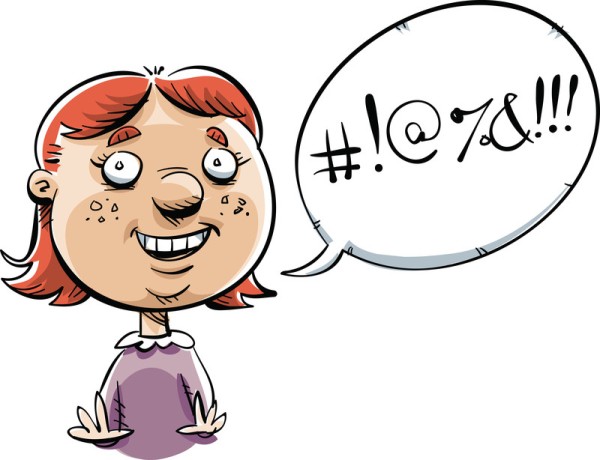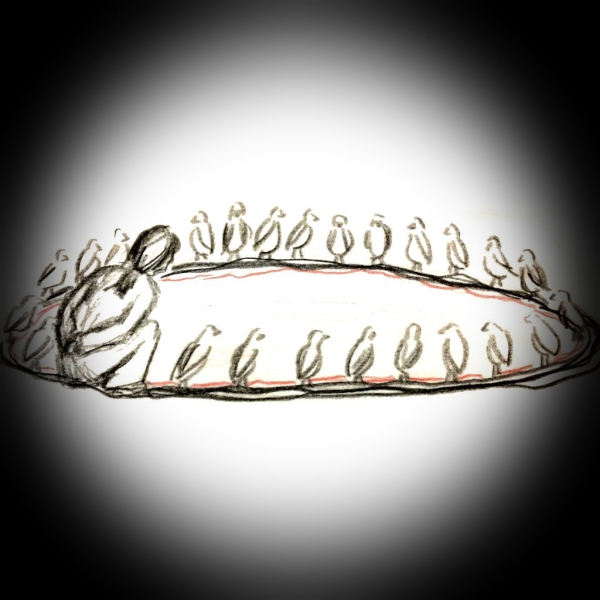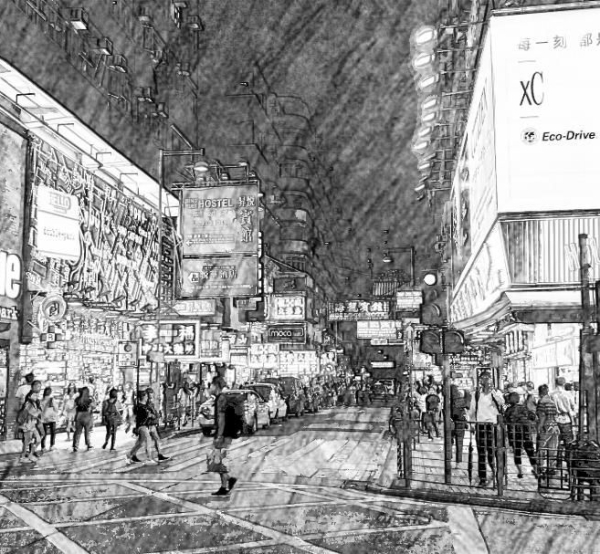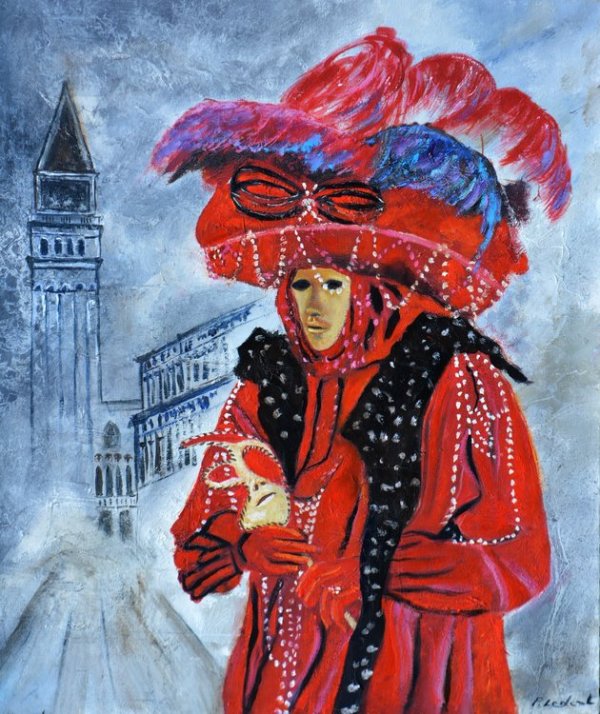Paul V. Kroskrity defines “language ideologies” as the “beliefs, feelings, and conceptions about language structure and use, which often index the political-economic interests of individual speakers, ethnic and other interest groups, and the nation-state." (2015, 95) In other words, language ideologies are our beliefs about languages and their users. To further elaborate, it is through... Continue Reading →
Concepts in Linguistic Anthropology: Community of Practice and Swearwords
The concept of ‘community of practice’ was first introduced to language and gender research by Penelope Eckert and Sally McConnel-Ginet (Pichler 2015, 196) who define it as “an aggregate of people who come together around mutual engagement in an endeavor. Ways of doing things, ways of talking, beliefs, values, power relations - in short, practices... Continue Reading →
Reversing the Irreversible Flow of History
What is the purpose of punishment? A tool for justice? Or a legitimate way of taking revenge? When justice is sought, why do we ask the question 'who should we punish' instead of asking 'why do we punish'? As Nietzsche writes in On the Genealogy of Morals, institutions of law take revenge out of the... Continue Reading →
State, Police, and Justified Violence
Didier Fassin writes in his ethnography of urban policing in France: "Expressing surprise at the existence of police violence could be considered as remarkable in itself. From a sociological point of view-and thus beyond the specific situation in France, violence is in fact constitutive of the very role of law enforcement. In modern societies, it... Continue Reading →
Asking the Right Questions During Hong Kong Protests
The four-day occupation of Chinese University of Hong Kong has come to an end (for now?). And every student that took part in the construction and utilization of a fortified base around the campus were able to peacefully evacuate the place with no outside intervention. During the extraordinary occupation, I got to witness the various... Continue Reading →
‘Age’, a Product of Modernity
If you ask the question "what is the age of consent?", the most reasonable answer, perhaps, would be: "it depends". Because, as can be seen, the age of consent varies a lot around the world. Therefore, there is no universal understanding of what the age of consent should be. Taking it a step further, further... Continue Reading →
Purposeless Circulation of Looking for a Purpose
Imagine a group of people gathered for no purpose... which would sound unusual because when you have a look at human history it is apparent that every gathering had a common purpose among the participants. People who gathered in army units, family dinners, worship places came together for the purpose of specific common goals and... Continue Reading →
Universalizing Grave Assumptions
Margaret Canovan believes that liberalism can be defended only by recognizing and drawing openly on its great myth. "For liberalism never has been an account of the world,” she writes, “but a project to be realized. The ‘nature’ of early liberalism, the ‘humanity’ of our own day, may be talked about as if they already... Continue Reading →
The Modern Ego
One bizarre property of the modern ego is the reality that it deceives itself regarding the nature of knowledge. People think it is certain that the people of the past actually knew nothing. According to the opinion of such people, the people of the past simply complied with the wrong ideas of prophets and guides.... Continue Reading →
Unmasking Hypocrisy
Hypocrisy is the vice through which corruption becomes manifest. And Hannah Arendt, In her book On Revolution, writes about her reflection of the topic by looking into the Latin word persona, which in its original meaning signified the mask ancient actors used to wear in a play. And the mask had two functions: "it had... Continue Reading →









